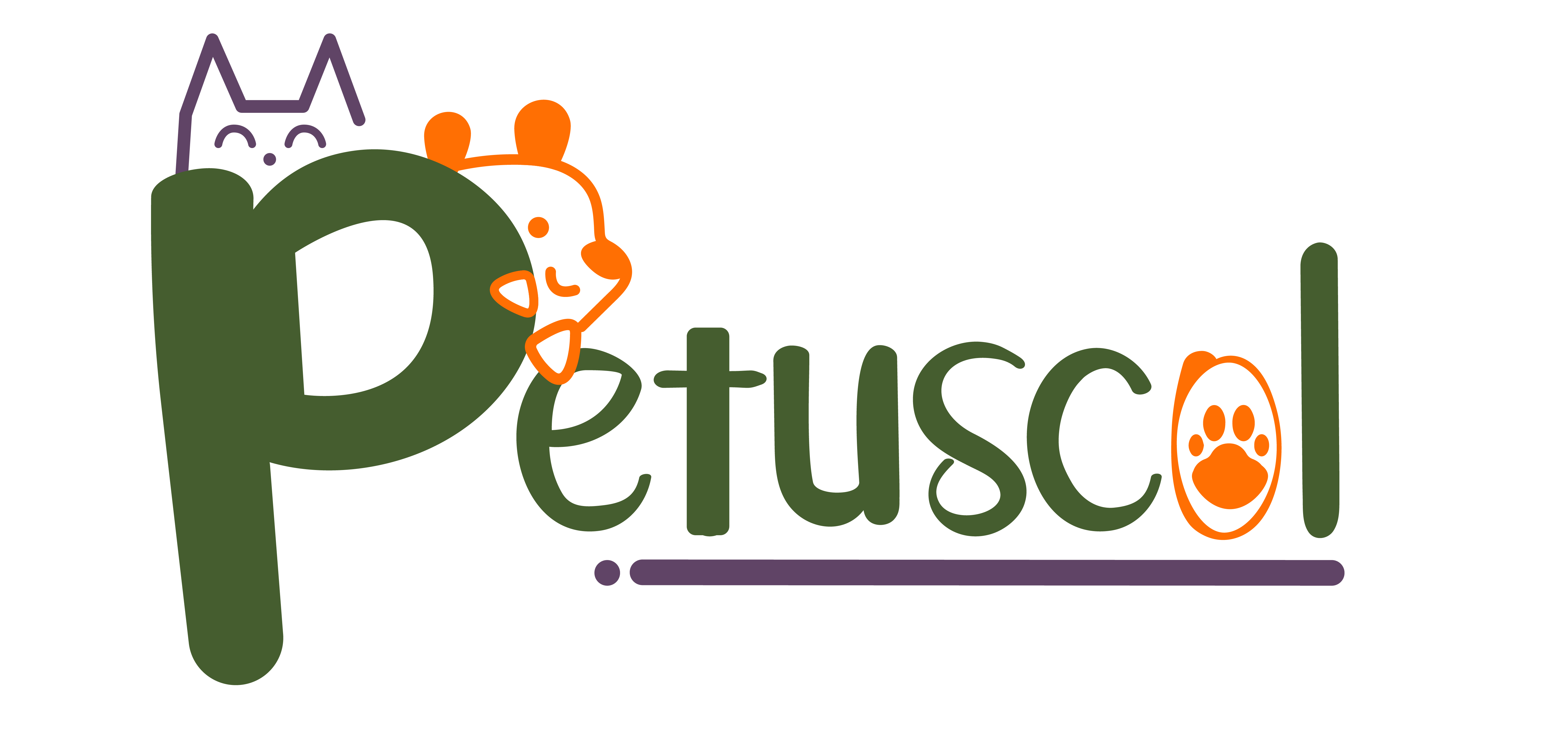eeding your pet may seem like a simple task, but many pet owners make common mistakes that can impact their pet’s health. Understanding these errors and how to avoid them can ensure that your furry companion stays happy, healthy, and well-nourished. Here are the most common mistakes when it comes to feeding pets, and how you can do better for your pet’s diet.
1. Overfeeding Your Pet
One of the most frequent mistakes pet owners make is overfeeding. It’s easy to think that giving your pet more food equals more love, but overfeeding can lead to obesity, which increases the risk of serious health issues like diabetes, heart disease, and joint problems.
Solution:
Follow the feeding guidelines provided on the pet food packaging and adjust portions according to your pet’s size, activity level, and breed. Consider consulting your vet for personalized recommendations to ensure you’re feeding your pet the right amount.
2. Feeding the Wrong Type of Food
Another mistake is offering your pet food that is inappropriate for their species, age, or health condition. For example, feeding dogs with cat food or giving kittens adult cat food can cause nutritional imbalances. Pets have very specific dietary needs, and feeding them the wrong type of food can lead to poor health and developmental issues.
Solution:
Choose food that is specifically formulated for your pet’s age, size, and health needs. Puppies and kittens need different nutrients than adult pets, and senior pets may require special diets to address aging-related concerns.
3. Feeding Human Food
While it might seem like a nice treat to share your meal with your pet, many human foods can be toxic or harmful to animals. Foods like chocolate, grapes, onions, and garlic are toxic to dogs and cats. Additionally, feeding them high-fat or high-salt foods can upset their stomachs or cause long-term health issues.
Solution:
Stick to pet food and treats designed for your pet’s needs. If you want to give them something special, consider pet-safe snacks or homemade treats that are designed to be safe and healthy.
4. Inconsistent Feeding Schedule
Pets, especially dogs, thrive on routine. Inconsistent feeding schedules can lead to confusion or digestive problems. Skipping meals or varying meal times frequently may also cause unnecessary stress for your pet.
Solution:
Establish regular feeding times and stick to them. Having a predictable schedule helps regulate your pet’s metabolism and prevents overeating or hunger-induced behavior issues.
5. Not Providing Enough Fresh Water
Many pet owners focus on food but forget the importance of water. Pets need constant access to fresh, clean water to stay hydrated, especially if they are eating dry food. Dehydration can lead to kidney issues, urinary tract infections, and overall discomfort.
Solution:
Ensure your pet always has access to clean water. Change the water daily, and consider using a water fountain for cats, as many cats prefer running water.
6. Sudden Diet Changes
Switching your pet’s food suddenly can lead to gastrointestinal issues, including diarrhea and vomiting. While you may think that switching food will improve your pet’s health, a sudden transition can stress their digestive system.
Solution:
If you need to change your pet’s diet, do so gradually. Start by mixing a small amount of the new food with the old food and increase the proportion over 7-10 days to allow their digestive system to adjust.
7. Ignoring Special Health Needs
Pets with specific health conditions, such as allergies, obesity, or diabetes, have unique dietary needs. Ignoring these can worsen their condition and compromise their overall health. For example, an overweight pet may require a low-calorie diet, while a diabetic pet may need food with controlled carbohydrate levels.
Solution:
If your pet has health issues, consult your veterinarian for a special diet tailored to their needs. Prescription foods are often designed to manage chronic conditions and support better health.
8. Feeding Too Many Treats
It’s easy to overindulge your pet with treats, especially when they’re so adorable while begging for them. However, too many treats can lead to weight gain, digestive issues, and unhealthy eating habits.
Solution:
Treats should not make up more than 10% of your pet’s daily caloric intake. Use them sparingly and opt for healthy, low-calorie options.
Conclusion
Feeding your pet may seem straightforward, but there are many potential pitfalls that can affect their health. By avoiding these common mistakes, you’ll help ensure your pet remains fit, healthy, and happy. Always remember to choose the right food, monitor portion sizes, and maintain a consistent feeding schedule. And when in doubt, consult with your vet to ensure you’re providing the best possible nutrition for your pet.
Keywords: common pet feeding mistakes, overfeeding, wrong food, human food, feeding schedule, hydration, diet change, pet health, treats, veterinarian advice.

